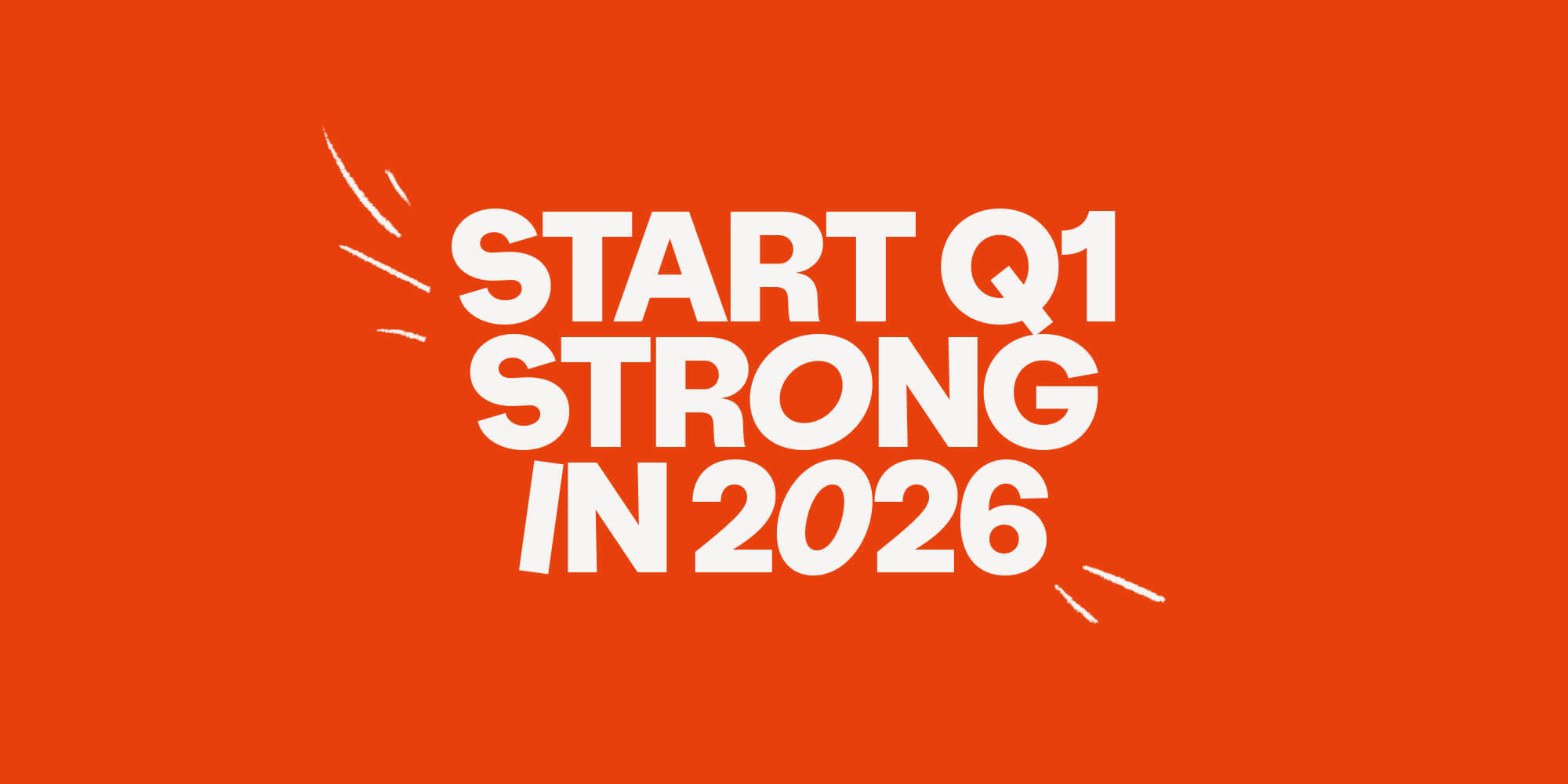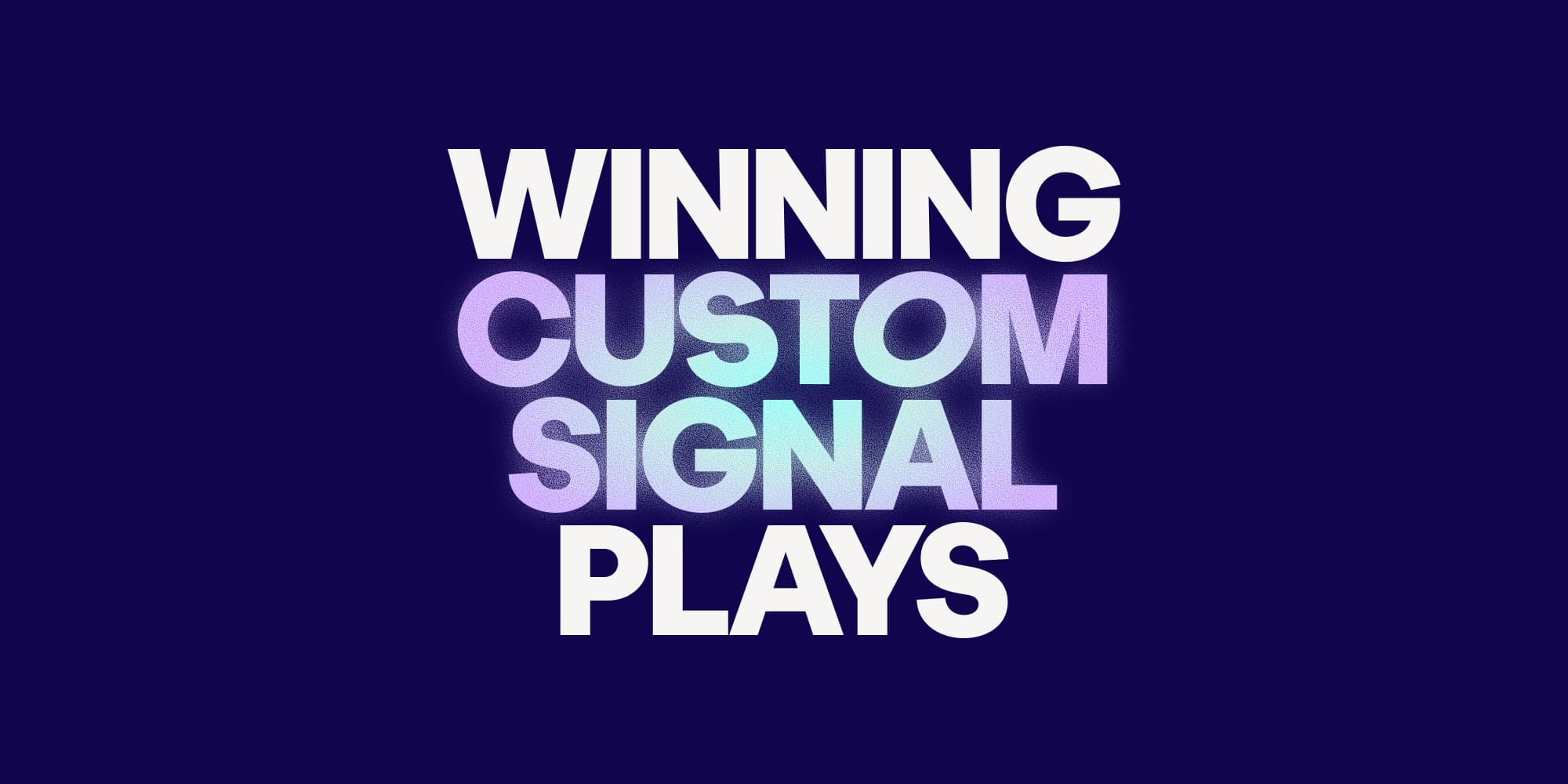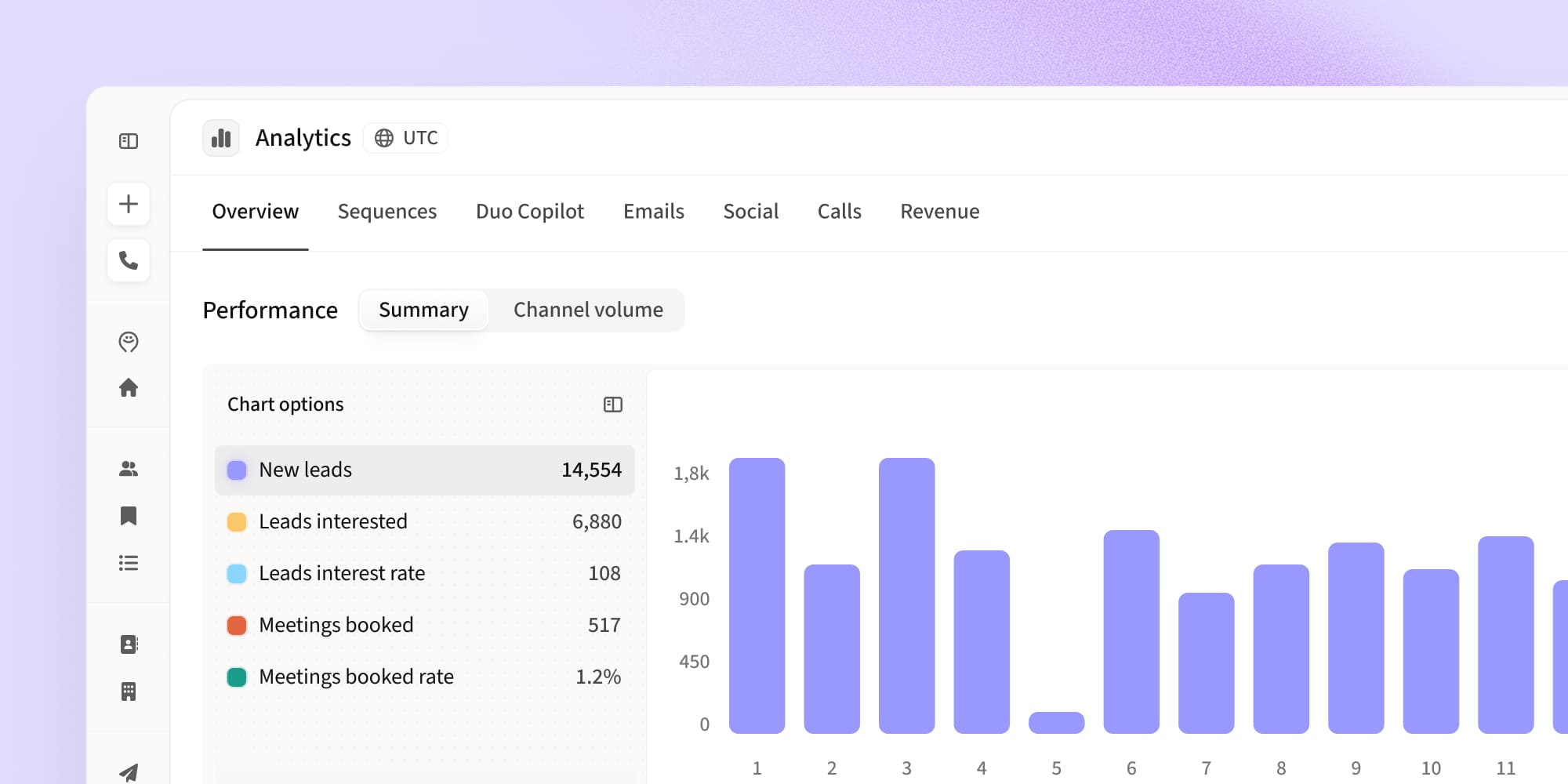How to find and engage B2B decision-makers in record time
•
March 4, 2024
.jpg)
To close your B2B deals, you have to make sure you’re speaking with the right people.
The people are known as business decision-makers, and identifying and engaging them is critical for the success of any B2B transaction. They’re the ones who hold the purse strings, make budgetary decisions, and have the ultimate say-so on potential purchases.
This blog will explore how to find your target decision-makers, how to successfully engage with them, and what you can expect in dealing with them.
What is a business decision-maker?
A business decision-maker is a key figure in an organization with the authority to make purchasing decisions.
These individuals possess a deep understanding of their company's long-term goals, operational needs, and financial constraints. They are tasked with the critical responsibility of sourcing products or services that align with these parameters, ensuring their choices drive value and efficiency.
In larger enterprises, these decision-makers often reside in C-suite roles or are departmental heads with budgetary control.
In smaller firms or startups, this role may sit with the CEO or business owner.
In any case, understanding each individual’s role and responsibility is essential for tailoring your B2B sales approach.
Understanding the B2B decision-making process
One of the characteristics of B2B sales that sets it apart from B2C is its complexity. Every purchase decision tends to be influenced by a combination of factors that could include, budget constraints, strategic fit, business priorities, etc.
Typically, the buying journey begins when a company recognizes a need or a problem they want to address. The decision-makers then embark on a process of gathering information and researching solutions.
In the last decade, more and more buyers have relied strongly on the recommendations of influencers and advisors online or via social media - hence why social proof is so important for B2B sellers.
This stage will include extensive research on potential vendors, comparing products or services, evaluating case studies, and assessing ROI.
The final decision will often hinge as much on rational analysis as the decision-maker's confidence in the vendor's ability to deliver.
So for a salesperson, understanding this journey is crucial. It’s their job to position their solution in a way that addresses the immediate need of the company and the organization’s broader strategic goals whilst winning the confidence of the pivotal decision-makers.
Who are business decision-makers typically?
Identifying the right business decision-maker varies greatly depending on your target company's size, industry, and structure.
In larger organizations, decision-makers are often specialized roles, such as Chief Technology Officers for tech purchases, or Chief Marketing Officers for marketing solutions. These individuals have specific mandates and in-depth knowledge of their domains.
In mid-sized companies, decision-makers might be department heads who juggle multiple roles and consider solutions that can impact various departments.
In small businesses or startups, the decision maker is often the founder or owner who makes purchasing decisions with a direct understanding of how these impact overall business operations. In these cases, decisions may be made more quickly but are heavily influenced by budget constraints and long-term business viability.
Recognizing these distinctions allows for a more targeted and effective approach in B2B sales strategies. Some sales reps will specialize in targeting specific audience segments - for instance enterprise, mid-market, or small and medium businesses - so they can focus on selling to specific decision-making personas.
How to find and connect with business decision-makers
Identifying and engaging business decision-makers can help you speed up your sales cycle and avoid wasting time on unqualified contacts.
Here are some of our tried-and-tested strategies to connect with the people you want:
1. Leverage LinkedIn, groups, and professional networks
Utilize LinkedIn Premium and Sales Navigator for advanced searching capabilities and networking opportunities.
2. Use data intelligence tools
Platforms like Amplemarket offer valuable insights into decision-makers’ contact information and professional backgrounds, as well as the structure of your target accounts.
3. Attend industry events and conferences
Face-to-face interactions at these events can be instrumental in establishing connections with decision-makers.
4. Engage with gatekeepers
Building rapport with assistants and other gatekeepers can facilitate access to business decision-makers. Don’t waste time pitching to them, but make sure you make a great first impression in your cold calls or cold email outreach.
5. Offer value-driven solutions
Tailor your pitch to demonstrate how your product or service addresses the specific challenges and needs of the decision-maker’s business and even their particular role.
6. Reference business values
Steer clear of feature selling and make sure you emphasize the bigger business value your solution has to offer, i.e. productivity savings, risk reduction, or growth enablement.
Strategies for influencing corporate decision-makers
Once you’ve found and engaged your key decision-makers, the next step is to nurture them towards a purchase.
Here are some tips to help them along in the sales cycle:
- Personalize communication: Customize your messaging to resonate with the unique needs of each decision-maker and speak to each of them as individuals.
- Use evidence-based selling: Leverage case studies, testimonials, and data to substantiate your offering in terms of business value.
- Adopt a consultative approach: Position yourself as a problem-solver and advisor, not just a seller.
- Follow-up with persistence: Regular, value-driven follow-ups can keep you top-of-mind without being intrusive.
Key factors to consider when targeting B2B decision-makers
Regardless of who your decision-makers are, there are certain things you should bear in mind throughout the buying journey and adapt your outreach accordingly:
- Talk to their business goals and challenges: Understand their industry, company objectives, and pain points.
- Understand the decision-making hierarchy: Know who else might influence the decision and the internal buying process.
- Cultural and personal preferences: You might need to be flexible in your approach to align with the corporate culture or different individuals’ communication styles.
Be precise and strategic in targeting decision-makers
By understanding who these key players are in your sales, what drives their decisions, and how to effectively engage with them, you can significantly enhance your chances of closing a deal - and creating customer relationships that last. You need the right approach and tools to cut through the noise and make meaningful connections, but that’s the nature of B2B sales - where relationship-building is everything.
If you’re struggling to pinpoint your target decision-makers, Amplemarket can help! Amplemarket’s extensive database means you can identify and track key decision-makers effortlessly, and our Account pages give you crystal-clear visibility across decision-making hierarchies.
Subscribe to Amplemarket Blog
Sales tips, email resources, marketing content, and more.










